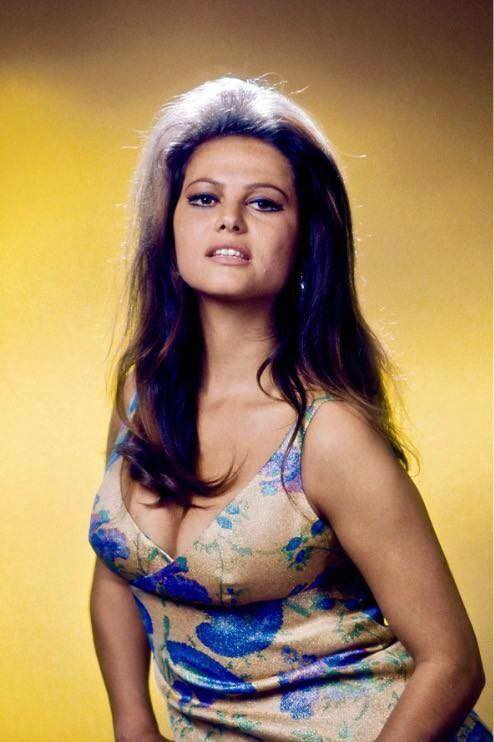Claudia Cardinale’s contribution to film is nothing short of remarkable. Now 86, the legendary Italian actress remains a symbol of timeless elegance and quiet resilience—qualities that defined her journey through more than six decades in cinema. Known for her unforgettable performances and striking presence, Cardinale captivated audiences around the world, even as she faced deeply personal challenges away from the spotlight.
Born in Tunisia to Italian parents, Cardinale’s rise to stardom began in an unexpected way. At age 18, she was named “The Most Beautiful Italian Girl in Tunisia” during a local film festival. That recognition led to an invitation to the Venice Film Festival, where producers immediately noticed her potential. Though initially hesitant to enter the film industry, Cardinale was thoughtful in her decisions. “If you say yes immediately, he goes away. If you say no, he desires you longer,” she once remarked. Eventually, she agreed to begin acting under the mentorship of producer Franco Cristaldi, who later became her husband.While their professional collaboration launched her career, their relationship was also highly controlled. Under Cristaldi’s management, Cardinale’s public image, career choices, and personal life were carefully shaped. One of the most private chapters of her early life remained out of public view for years. As a young woman, she became a mother under challenging circumstances and, with Cristaldi’s urging, kept that part of her life private. Her son, Patrick, was raised without knowledge of his true parentage until adulthood.In a 2017 interview, Cardinale spoke openly about that period. She shared how, despite facing pressure to make a different choice, she chose to move forward with motherhood. “It was a complicated time,” she said. “But I couldn’t go through with an abortion. I chose to bring him into the world.” Her decision reflected deep personal conviction and quiet strength, especially in an era when such choices were rarely discussed publicly.
Despite the personal complexities behind the scenes, Cardinale’s professional life soared. She earned international recognition with films like Three Strangers in Rome (1958), Rocco and His Brothers (1960), 8½ (1963), and The Leopard (1963). Though often compared to Brigitte Bardot, Cardinale carved her own path, refusing to follow trends and famously declining to appear nude on screen. “It’s far more sensual to leave something to the imagination,” she once said.
Cardinale also found success in Hollywood, starring in The Pink Panther (1963) and Once Upon a Time in the West (1968). However, she found the U.S. film industry limiting and ultimately chose to return to Europe, where she prioritized creative control over commercial gain.
Later in life, Cardinale embraced a more private lifestyle. In 1975, she married director Pasquale Squitieri, and they remained together until his passing in 2017. Together, they had a daughter, Claudia. Though she stepped back from frequent acting roles, Cardinale never stopped using her platform for good. As a UNESCO goodwill ambassador, she has long supported women’s rights and humanitarian causes.In 2022, Cardinale addressed public curiosity about her well-being, confirming that she was doing well and enjoying life in France with her family. Even today, she carries herself with the same dignity that first drew audiences to her many years ago.
Claudia Cardinale’s story is more than a tale of fame—it’s one of perseverance, integrity, and quiet strength. From navigating early career challenges to forging her own identity in a male-dominated industry, she has remained true to herself through it all. At 86, she continues to inspire—both on and off the screen—as a living example of grace, purpose, and enduring legacy.
